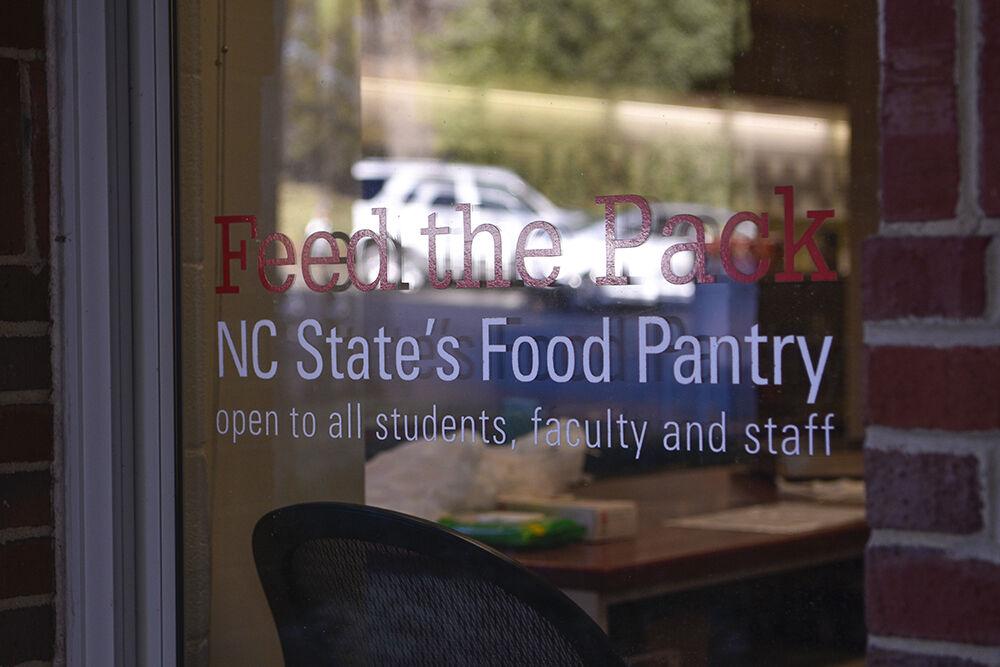Feed the Pack hosted a screening of “Hungry to Learn,” a documentary on food insecurity faced specifically by college students and the pressures associated with it. The documentary was screened in the D.H. Hill Jr. auditorium on Feb. 23 and focused on the lives of four college students who could not afford to eat while pursuing their degrees.
For many of the students in the documentary, their families were struggling to make ends meet, and financial aid did not provide enough for them to afford three meals a day. The documentary also discussed the disproportionate rise in tuition costs compared to inflation as well as the for-profit schools making money off of selling student meal plans.
Attendee Dhruvi Shah, a first-year studying computer science, said while they had always known about food waste, they didn’t know what to do about it.
“The entire documentary was just really surprising to me, because I didn’t know so many people went through stuff like this,” Shah said.
NC State’s campus faces similar issues. A 2021 committee report by Mary Haskett and John Dorris, titled “Homelessness and food & housing insecurity among NC State students during the COVID-19 pandemic,” said nearly 25% of students have experienced food insecurity in a 30-day period.
This number has gone up from the 2018 study, “Food and housing security among NC State students,” in which 14% of students reported low or very low food security over the past 30 days.
Rose Krebs, an NC State alumni and Feed the Pack coordinator, said food insecurity is a widespread issue on campus.
“Feed the Pack was founded in 2012,” Krebs said, “And it was founded by a group of students, staff and faculty who had noticed the impacts of food insecurity on campus, specifically through the Counseling Center and with other programs.”
Feed the Pack decided on screening “Hungry to Learn” upon reaching the organization’s 10th anniversary.
“In November, we [Feed the Pack] turned 10 … and we really wanted to highlight the fact that food insecurity is still such a big problem,” said Taylor Sligh, an AmeriCorp Vista working with Feed the Pack.
Nhaturie Atkinson, a second-year studying psychology and social work, and the outreach coordinator for Feed The Pack, said there’s still a lot of stigma towards people going to pantries on campus.
“The stigma is such a big boundary between people getting the resources they need and reaching out,” Sligh said. “If you can be the one to talk to your professors about ‘hey can you add this to your syllabus about housing and food insecurity resources’ or start a food drive within your club or community, that’s always great.”
Krebs said she often hears students saying they are not food insecure enough to go to the pantry or that they don’t think it’s that bad.
“It’s kind of similar to those dialogues about mental health services like, ‘oh, I’m not depressed or anxious enough to use these services,’” Krebs said. “When in reality, even if you’re food insecure for one day of the week, that is one day of the week too many.”
Students can help via advocacy by supporting organizations, volunteering, doing outreach or raising awareness about issues like better-paying jobs and better access to groceries.




















